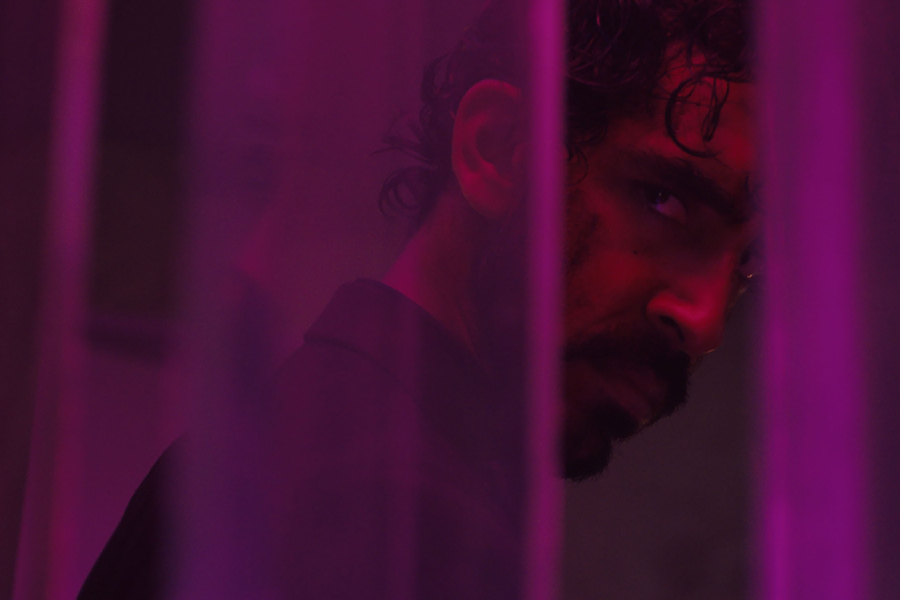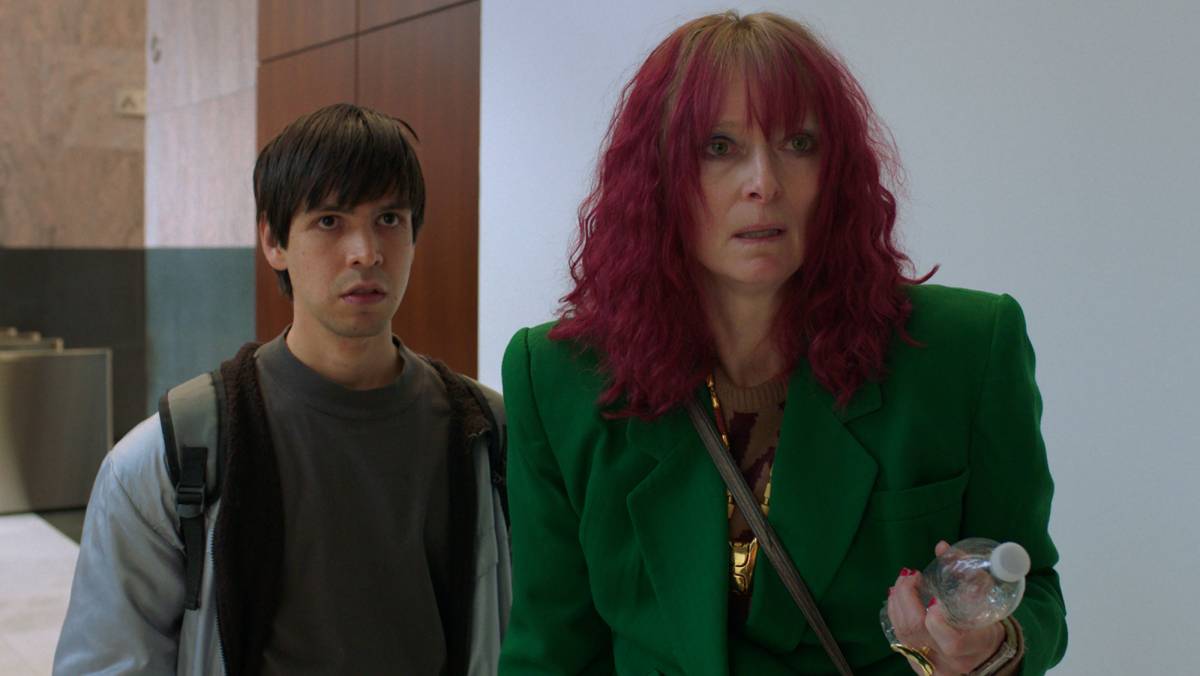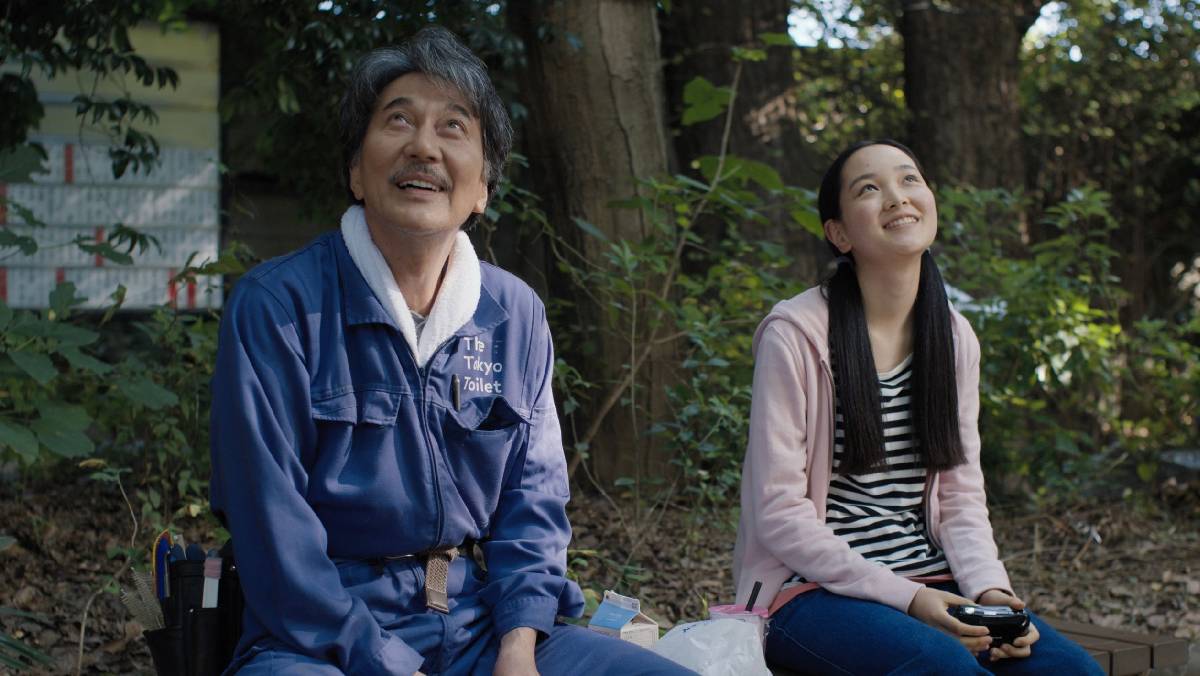A pop ringtone blares in the mismatched living room, rousing Sandra (Marion Cotillard) from her long nap. She answers her cellphone only to learn that she has been fired from her job at the local solar panel factory. She hangs up and locks herself in the upstairs bathroom, holding back her tears as she downs several pills. This is a snapshot of her life: bleak and filled with a never-ending sense of self-hatred.
It is from this opening scene that “Two Days, One Night” creates a world that concentrates on the members of the working class and the dog-eat-dog culture that society has manufactured. Both directed and written by filmmaking duo and brothers Jean-Pierre and Luc Dardenne, the film follows Sandra as she tries to convince her colleagues to reject a €1,000 bonus so she can continue working. Upon realizing she can’t accomplish the task on her own, Sandra turns to her estranged husband, Manu (Fabrizio Rongione), and asks for his help. Little do they know they are about to embark on an uphill battle that threatens to test their relationship like never before.
In telling this tale of rediscovering oneself, the Dardennes cause the tension to grow thicker with every scene as Cotillard’s character evolves from a woman who constantly struggles with inner diffidence into a woman who is willing to stand up for what she believes is right. Cotillard is perhaps the film’s most compelling element, partly due to the fact that her character is seen in every scene. She adds depth to a character who could be confined to the stigma of her mental disorder, which is known for impeding a mentally ill person’s ability to recover. Instead, Cotillard embellishes Sandra’s persistence in the face of adversity while creating a believable character who is reminiscent of Julianne Moore’s portrayal of Dr. Alice Howland in the drama “Still Alice.”
Cotillard also succeeds in captivating audiences with her stellar acting, a fact that is asserted when her character confronts shrewd factory foreman Jean-Marc (Olivier Gourmet), who has intimidated a co-worker into voting against her, and calls him heartless to his face.
Cotillard’s superb chemistry with Rongione, who does a wonderful job in portraying the doting husband, keeps the plot going in several key instances, primarily when Manu inspires Sandra into forging ahead after she provokes a fight between an elderly co-worker and his teenage son. Though estranged at the start of the film, Cotillard and Rongione’s characters tentatively reconcile while reigniting passion in their deteriorating marriage.
In addition to exploring Sandra and Manu’s relationship, the Dardennes allow the audience to take a look into the lives of her co-workers: a father who desperately needs the €1,000 to pay gas and electric bills, a single mother who forces her daughter to speak for her and Sandra’s closest friend, Anne (Christelle Cornil), a woman coerced by her abusive husband into saying no, among others. Rather than detract from the main plot, the supporting cast members each contribute to the grand scheme of things in their own special way.
Veteran cinematographer Alain Marcoen, best known for his work to the Dardennes’ recent film “The Kid with a Bike,” contributes to the film’s finesse by utilizing the handheld tracking shot to make it appear as though the viewer is literally tethered to Sandra, a technique that can be compared to the continuous long take used in last year’s “Birdman.” The subtle yet deliberate power of the camera works flawlessly to tell the story while not breaking up the main action.
In all, “Two Days, One Night” offers a fresh perspective on the social issue genre by forcing the viewers to put themselves in the characters’ positions and ask themselves if a monetary bonus is more important than supporting a colleague in need. Like most of the Dardennes’ works, this film inspires the audience to appreciate life’s simplicities through a woman who finds hope for the future in just 95 minutes.



















